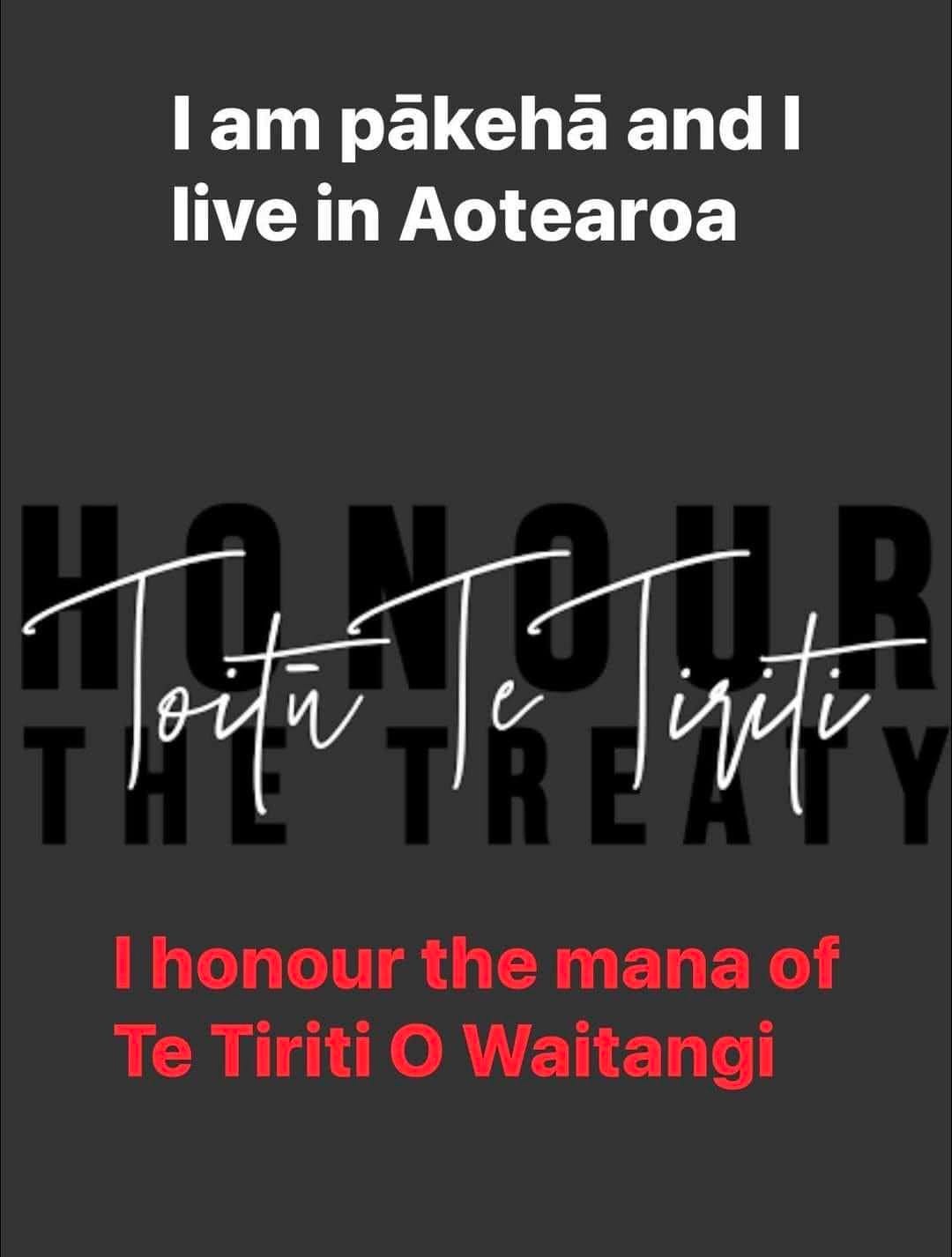Opposition to the ACT party’s Treaty Principles Bill has been vociferous and widespread. I can’t recall hearing anyone with anything good to say about it, outside of that party itself.
Even the sponsors of the bill, Christopher Luxon and the National Party, seem reluctant to talk about. Like particularly odorous flatulence which nobody wants to acknowledge, much less claim responsibility for. But it’s there for all to smell, no matter how much the producers would like to ignore it.
But are we being unfair? I mean, do any of us even know what’s in the bill, or what it does? Or are we ruling it out simply as a matter of, well, principle?
There certainly is one of those involved. Normally when we sign a contract we don’t rock up a few years later and say we’ve renegotiated it, on our own.
Even if one party has generally gotten a rough deal, with the other party not always living up to their promises, it doesn’t mean they want to start rewriting things. Maybe they’d just prefer the original terms were actually respected, rather than feeling the need to redefine them.
It’s like a marriage that has had its ups and downs, with one party acting particularly badly along the way. Now that party wants to rewrite the vows.
The bit that used to be a commitment of faithfulness is now to be updated to read “mostly faithful”, as more of a guideline than a hard and fast rule. Indicating that an intention to do the right thing is more important than what actually happens.
I’ve written about resistance to the bill, an opposition driven by principle. Read about the leaked information from the Ministry of Justice, highlighting how contentious the bill would be, risking conflict with the “rights or interests of Māori under the Treaty”.
But I don’t really know what’s being proposed.
Don’t get me wrong, I’m as horrified as anyone by the idea that the Crown would unilaterally, and seemingly without much in the way of popular support, seek to change such an important agreement.
Like many pākehā, those of us who have been filling social media with the fabulous image above, I fully oppose this bill as a matter of principle. Yet I feel that perhaps I need to learn more about it - sadly I suspect we’re going to be discussing it for a while.
This morning Q&A had an hour long Waitangi Day special on the subject, so I tuned in to see what the experts and protagonists had to say.
I was quite looking forward to seeing Jack Tame. He doesn’t always get it right, heck who does, but I find him an insightful, intelligent, and direct interviewer. If anyone in the media is going to hold the government to account this year - it’s him.
It was a surprise to see him back, given that he has just gotten married. I thought the photos published by the media were quite lovely, especially this one with Jack playing the guitar for his new wife and her son.
Jack spoke of the history of te tiriti and the nationwide debate that will take place this year over what it means for modern New Zealand. As we know, as part of their coalition agreement, ACT and National will introduce a new bill to define the principles of the treaty.
He spoke of the two versions of the treaty. The te reo one that people signed and the english one that people didn’t - quite simple really. In my opinion a red herring used by some to suggest uncertainty where none exists.
We crossed to Māori Affairs Correspondent, Te Aniwa Hurihanganui. The sort of role that David Seymour would no doubt like to see gone from TVNZ.
Te Aniwha spoke about the courts in the 1980s needing to interpret the treaty in order to make judgements. So the former president of the Court of Appeal, Sir Robin Cooke, created a set of principles. David Lange’s government then adopted five principles to help make decisions about treaty issues, as follows:
Kāwanatanga - the Crown has the right to govern.
Rangatiratanga - Māori have the right to use and control their resources.
Equality - all citizens are equal before the law.
Cooperation - the Treaty establishes a fair basis for two peoples in one country.
Redress - the grievances of iwi will be heard and resolved.
Over the years those principles have been used by the Waitangi tribunal and the courts. So they sound like pretty good ones, I’m not sure why we need something else?
Last year ACT campaigned on holding a referendum on the treaty principles. In their coalition agreement with National the parties agreed to “introduce a Treaty Principles Bill based on existing ACT policy and support it to a Select Committee ASAP.”
As opposed to the principles in use, which include tino rangatiratanga - meaning that Māori retain control over their lands and taonga for as long as they wish, ACT’s bill has just three principles:
The NZ government has the right to govern New Zealand.
The NZ government will protect all New Zealanders’ authority over their land and other property.
All New Zealanders are equal under the law, with the same rights and duties.
So ACT’s treaty principles don’t actually mention Māori, at all, or in fact the treaty.
At this point I’d like to very much thank the paying subscribers of Nick’s Kōrero who generously agreed that many recent newsletters could remain free. I really appreciate their support and patience on this but now it’s only fair that some content returns behind the paywall.
So if you’d like to continue reading then please either select a free trial or consider a paid subscription 🙂
Keep reading with a 7-day free trial
Subscribe to Nick's Kōrero to keep reading this post and get 7 days of free access to the full post archives.






